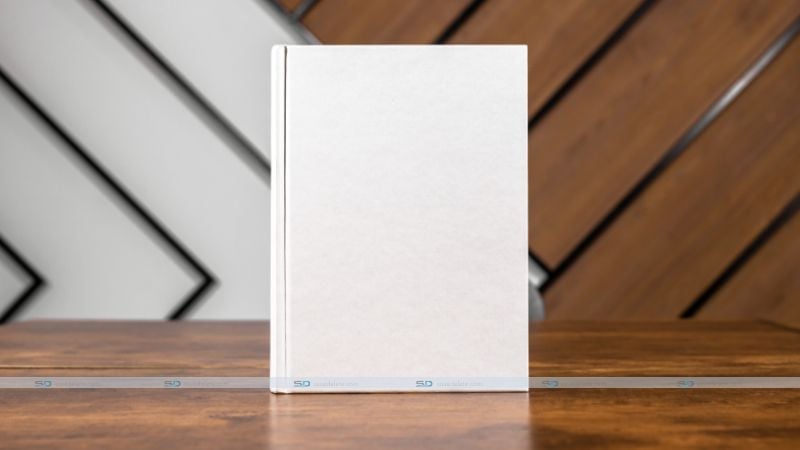Science fiction and fantasy authors are grappling with the challenges posed by AI-generated media and devising strategies to address the issue. The winner of the Self-Published Fantasy Blog-Off (SPFBO) cover contest, featuring the book Bob the Wizard by M.V. Prindle, sparked controversy when it was suspected that the artwork had been created using AI tools. Despite the initial denial by the artist, Sean Mauss, evidence surfaced on Twitter indicating the use of generative AI elements from the Midjourney system in the cover art. Mauss subsequently withdrew the submission and deactivated social media accounts. The incident not only resulted in disqualification but also prompted the SPFBO organizer, Mark Lawrence, to cancel future cover contests, acknowledging the need for a separate contest organized by experts with a tolerance for controversy.
This controversy unfolded amidst the wider debate in the fantasy and science fiction community regarding the role of generative AI tools in the industry. Magazines like Clarkesworld and Asimov’s Science Fiction faced a flood of low-quality AI-generated short stories, leading to the temporary closure of submissions. The community now confronts the reality that AI-aided work can initially pass as human creation. Authors who had commissioned Mauss for book covers, such as Michael R. Fletcher and Clayton W. Snyder, discovered that their covers also contained generative AI elements, leading to feelings of betrayal and prompting them to seek new artists through crowdfunding.
In response to these developments, industry professionals have begun formulating guidelines and norms for handling AI-generated work. Neil Clarke, editor of Clarkesworld, released a statement outlining a framework for addressing the use of AI software in the science fiction and fantasy publishing industry. While some publishers openly welcome AI-generated work with proper disclosure, others, like Asimov’s, explicitly reject such submissions to maintain trust with readers and writers. Detecting AI-generated fiction remains relatively manageable, but identifying AI-generated cover art poses greater challenges. The aftermath of the SPFBO cover contest has had repercussions, with other competitions considering canceling their own cover contests due to the difficulties of identifying AI-generated art.
The future implications of AI-generated media remain uncertain. While misrepresentation of work as AI-free is frowned upon, the increasing integration of generative AI systems into the artistic process may lead to a shift in perspectives. It is predicted that the industry dynamics will change, with authors and artists likely engaging in formal contracts rather than relying on verbal agreements. Trust will become an essential factor, leading authors to prefer established artists with solid portfolios and positive client feedback. The scrutiny on aspiring artists without prior experience in book cover design may make it challenging for them to secure their first gigs.
